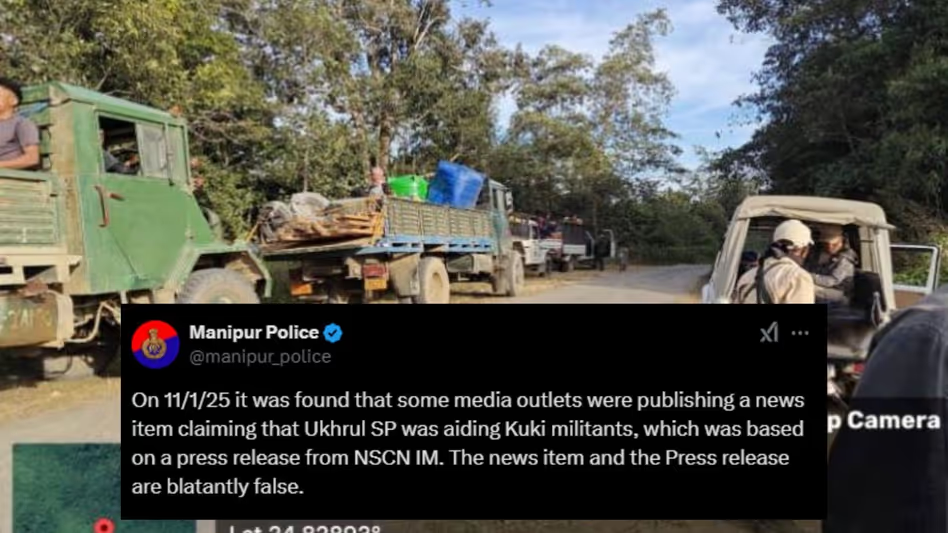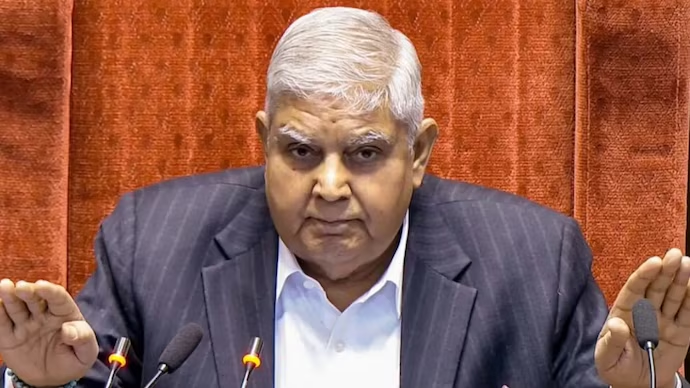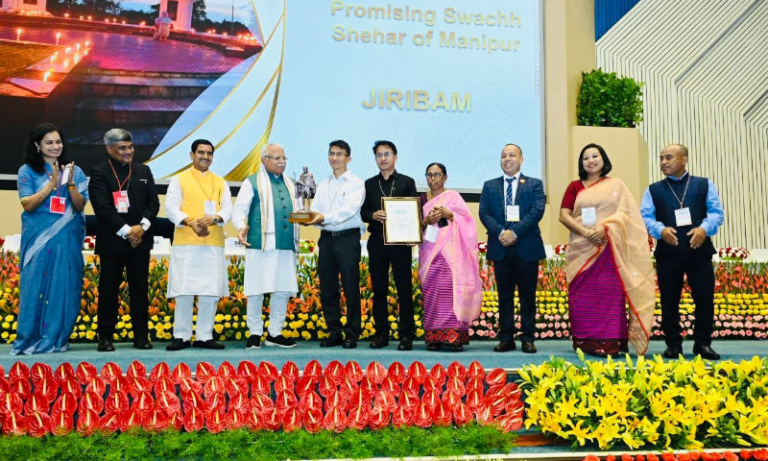Manipur Police Refutes Allegations Against Ukhrul SP Over Kuki Militant Support
Summary:
The Manipur Police have firmly denied allegations that the Superintendent of Police (SP) in Ukhrul district is supporting Kuki militants. These claims, originating from a press release by the NSCN-IM and circulated by various media outlets, have been labeled as “false” by the police. The authorities clarified that the Ukhrul district police’s involvement was limited to providing guidance and security escorts for Border Security Force (BSF) teams during construction-related activities in December 2024. They emphasized that such operations were conducted based on official requests and instructions, and urged the public and media to verify information before dissemination to prevent misinformation.
Understanding the Allegations and the Police’s Response
In early January 2025, allegations surfaced accusing the Ukhrul district’s Superintendent of Police (SP) of providing support to Kuki militants. These claims were propagated through a press release by the National Socialist Council of Nagaland-Isak Muivah (NSCN-IM) faction and subsequently reported by several media outlets. The allegations suggested that the Ukhrul SP was involved in activities favoring Kuki militants, raising concerns among the public about the integrity and impartiality of the local police force.
In response, the Manipur Police issued a strong rebuttal, categorically denying the accusations. They labeled the news items and press releases as “false” and emphasized that the Ukhrul district police’s involvement was strictly professional and within the bounds of their official duties. According to the police, their role was limited to providing guidance and security escorts for Border Security Force (BSF) teams engaged in construction-related activities in December 2024. Specifically, on the 12th and 19th of December, police escorts were assigned to ensure the safe transportation of laborers and materials for the construction of BSF security barracks in Molham Kuki village. These operations were conducted based on requests from the BSF and Kangpokpi district police, as well as directives from the police headquarters.
The police further clarified that their actions were in line with standard operating procedures aimed at maintaining law and order and supporting security infrastructure development in the region. They expressed concern that the dissemination of unverified and misleading information could tarnish the image of the Ukhrul district police and the SP, potentially undermining public trust in law enforcement agencies. As such, they urged media outlets and the public to exercise caution and verify facts before publishing or sharing information that could have serious implications for individuals and institutions.
The Role of Media in Conflict Zones
The situation in Manipur underscores the critical role of media in conflict zones. Journalists and news outlets serve as the primary sources of information for the public, and their reporting can significantly influence perceptions and actions. In volatile environments, the dissemination of unverified or biased information can exacerbate tensions, incite violence, or damage reputations unjustly.
Therefore, it is imperative for media professionals to adhere to the highest standards of journalistic integrity. This includes thorough fact-checking, consulting multiple sources, and providing balanced coverage to ensure that the information presented is accurate and fair. By doing so, the media can contribute to informed public discourse, promote transparency, and hold institutions accountable without inadvertently causing harm or escalating conflicts.
The Importance of Verification Before Dissemination
In today’s digital age, information spreads rapidly through various platforms, including social media, news websites, and instant messaging apps. While this allows for swift communication, it also increases the risk of misinformation and the potential for unverified claims to gain traction.
The allegations against the Ukhrul SP highlight the dangers of circulating unverified information. Such actions can lead to unwarranted public outrage, damage the reputations of individuals and institutions, and divert attention from genuine issues that require address.
To mitigate these risks, it is essential for individuals, media outlets, and organizations to prioritize verification before dissemination. This involves cross-referencing information with credible sources, seeking official statements, and being mindful of the potential consequences of sharing unverified claims. By fostering a culture of verification, society can combat the spread of misinformation and ensure that public discourse is based on facts rather than unfounded allegations.
Conclusion
The Manipur Police’s prompt and firm response to the allegations against the Ukhrul SP serves as a reminder of the importance of accuracy and responsibility in information dissemination. In regions susceptible to conflict and tension, unverified claims can have far-reaching and detrimental effects. It is incumbent upon media professionals, public officials, and citizens alike to engage in responsible communication practices, prioritize verification, and contribute to a well-informed and just society.
FAQs
- What were the allegations against the Ukhrul SP?
- The Ukhrul SP was accused of supporting Kuki militants, based on claims made by the NSCN-IM and reported by some media outlets.
- How did the Manipur Police respond to these allegations?
- The Manipur Police categorically denied the allegations, stating that their involvement was limited to providing security escorts for BSF teams during construction activities, as per official requests and directives.
- What activities were the Ukhrul district police involved in during December 2024?
- They provided guidance and security escorts for BSF teams transporting laborers and materials for the construction of security barracks in Molham Kuki village on December 12 and 19, 2024.
- Why is verification important before disseminating information?
- Verification ensures that the information shared is accurate and reliable, preventing the spread of misinformation that can lead to public unrest, damage reputations, and exacerbate conflicts.
- What role does the media play in conflict zones like Manipur?
- The media serves as a primary source of information for the public and can influence perceptions and actions. Responsible journalism, including thorough fact-checking and balanced reporting, is crucial to maintain public trust and promote peace.



